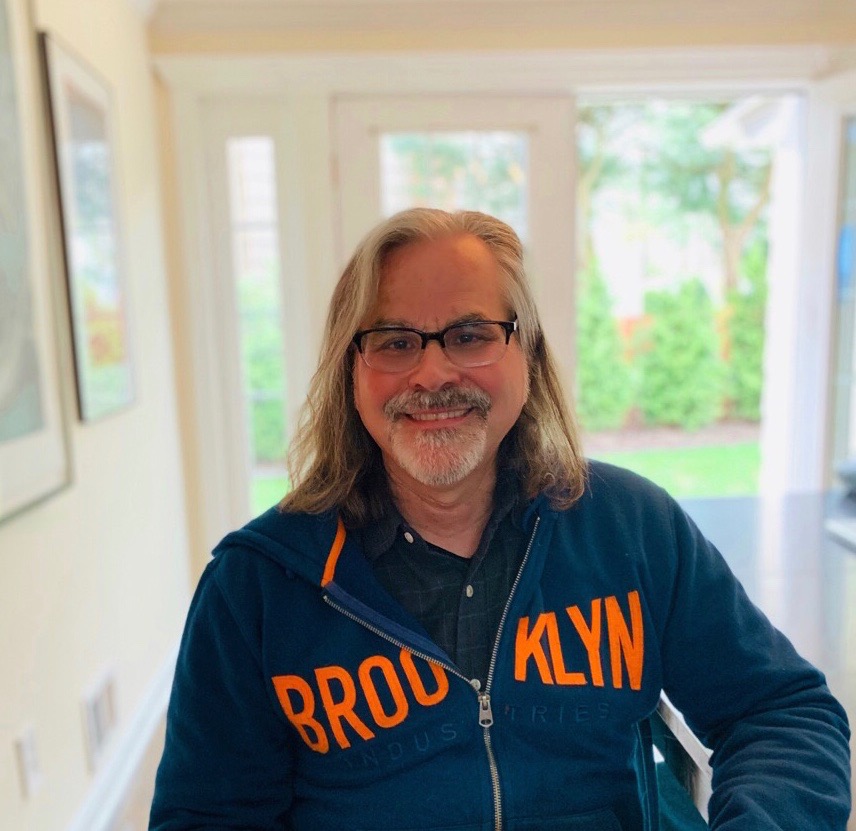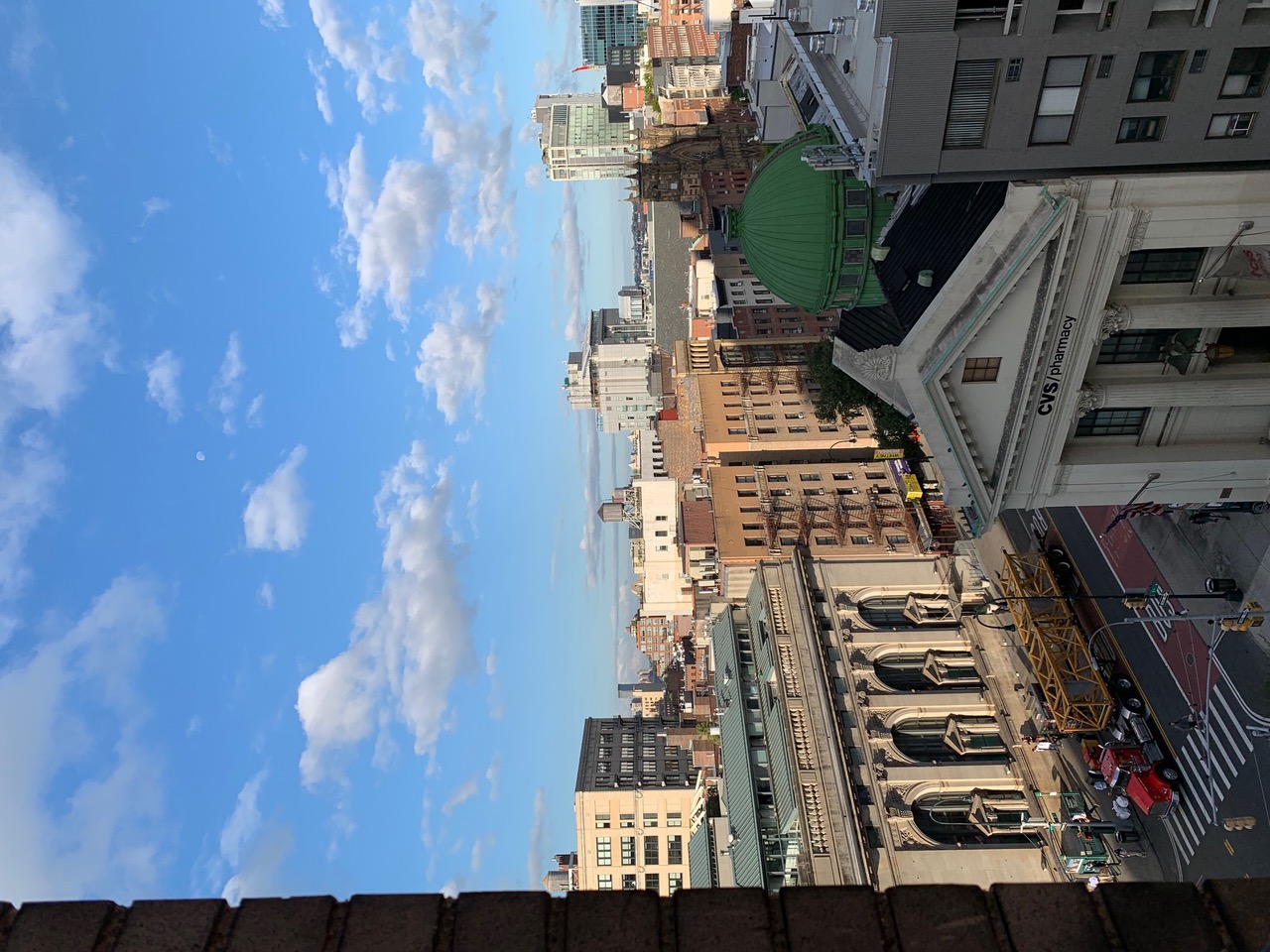I have heard recently from many fellow New York psychotherapists that they’re giving up their office spaces this fall. To listen to them tell it, they’re defiantly walking away from their leases because honoring a commercial lease is for suckers. Now, I’m not sure about their strategy’s ins and outs, but I always thought that people who own big buildings in Manhattan know lawyers and have thought this sort of thing through. But what do I know? Possibly, the idea that tenants would defy their lease and refuse to pay their rent never occurred to them. At any rate, I’m doing the opposite: I’m investing in my office suite and making it more beautiful. In the middle of the COVID exodus, I’m putting money into cleaning carpets and buying new furniture for the psychotherapy offices where I have the primacy lease. If honoring my commercial lease and continuing to pay the rent makes me a sucker, it seems I’m doubling down.
I came of age during the late 1970s, riding into Manhattan from Long Island, and when I hit the streets, I was in my own movie and surrounded by my favorite icons. And then, when Walkman cassette players came about, you could be in your own film with a soundtrack. I signed my first apartment lease in 1981. NYC was on its heels back then with homeless people sleeping in your building lobby, drug dealing in front of your building, smashed windshields were a regular morning discovery when you went out to the bodega for coffee, and much of the East Village was still burnt out. The 70s and 80s were also a time and place when downtown art galleries exploded, and the Talking Heads, Blondie, and Keith Haring were your neighbors. I saw NYC as the other, the raw, gritty alternative to the suburban life I grew up in and escaped from. You could be in a club with the most disgusting bathroom, but when you’re young and view the world from the movie that played in your head, you find beauty in a toilet that refuses to flush. New York City was the place for passion, where people came to do great things and express themselves in uncensored ways. Never mind that the thing you were attempting to do all too often had the impact of screaming into a hurricane. Still, the genius of New York City is this: The moment you arrive and put your suitcases down; you’re a New Yorker. This reality allows the newest generation coming-of-age to bring the energy that enables the city to reinvent itself. Artists of all types create “something out of nothing.” Rather than flee, they run into the burning flames of the city because they see possibilities. And yet, the other fundamental truth about NYC is that it belongs to no one, much as people try and insist otherwise. The fact is, the city belongs to the highest bidder, and, for most of us, the day eventually comes when we’re outbid. And, when that day comes, we step out of the movie in our heads and New York City becomes a greatly diminished place.
Now, about that sucker thing: I’m sure there are tons of smart business folks who know how to break a lease and jump back in when it makes financial sense. There are those brilliant business folks who know how to sell high and buy low, unlike many of us who, on rare occasions, sold high and bought low purely out of dumb luck. Our business strategy is wherever the tide takes us. But here’s where we have a significant advantage: We can look inwardly and do something about it. We can feel empathy like no one’s business. In addition to my work as an NYC psychotherapist in private practice, I run a psychotherapy company that functions as an outpatient department of an extensive healthcare system. Many of the 11 hospitals were inundated with COVID patients this past spring. My staff and I provided individual and group therapies to nurses, doctors, and frontline healthcare staff who risked their lives caring for very sick and dying patients. In addition to the immense pride they felt, they also suffered depression, burnout, and suicidality because they did their job, and they did not sell high and buy low. In the aftermath, the system leadership has worried about the PTSD and anxiety felt by the employees. People ask me, “Who in healthcare has managed the best during the COVID pandemic?” The answer is this: Those caregivers who found a way to make the traumas of COVID a personal growth experience, caregivers who looked inward, found their core values, and honored them by offering generosity to the world.
I love NYC. I love NYC even when it doesn’t love me back. I love my office. I love my office suite, and I love trying to make my offices as beautiful as possible for the people who rent from me. I don’t believe my efforts are a sucker’s move. I know my core values: I know the value of caring for others’ emotional lives and being committed to a place and idea. NYC is all of those things to me, and I’m not about to give that away. As I say, I’m doing the opposite and investing in NYC because I want therapists and all New Yorkers to do the same. I believe if we do, we’ll find meaning in our lives that’s outside the value system of selling high and buying low, and we’ll be glad we did.


